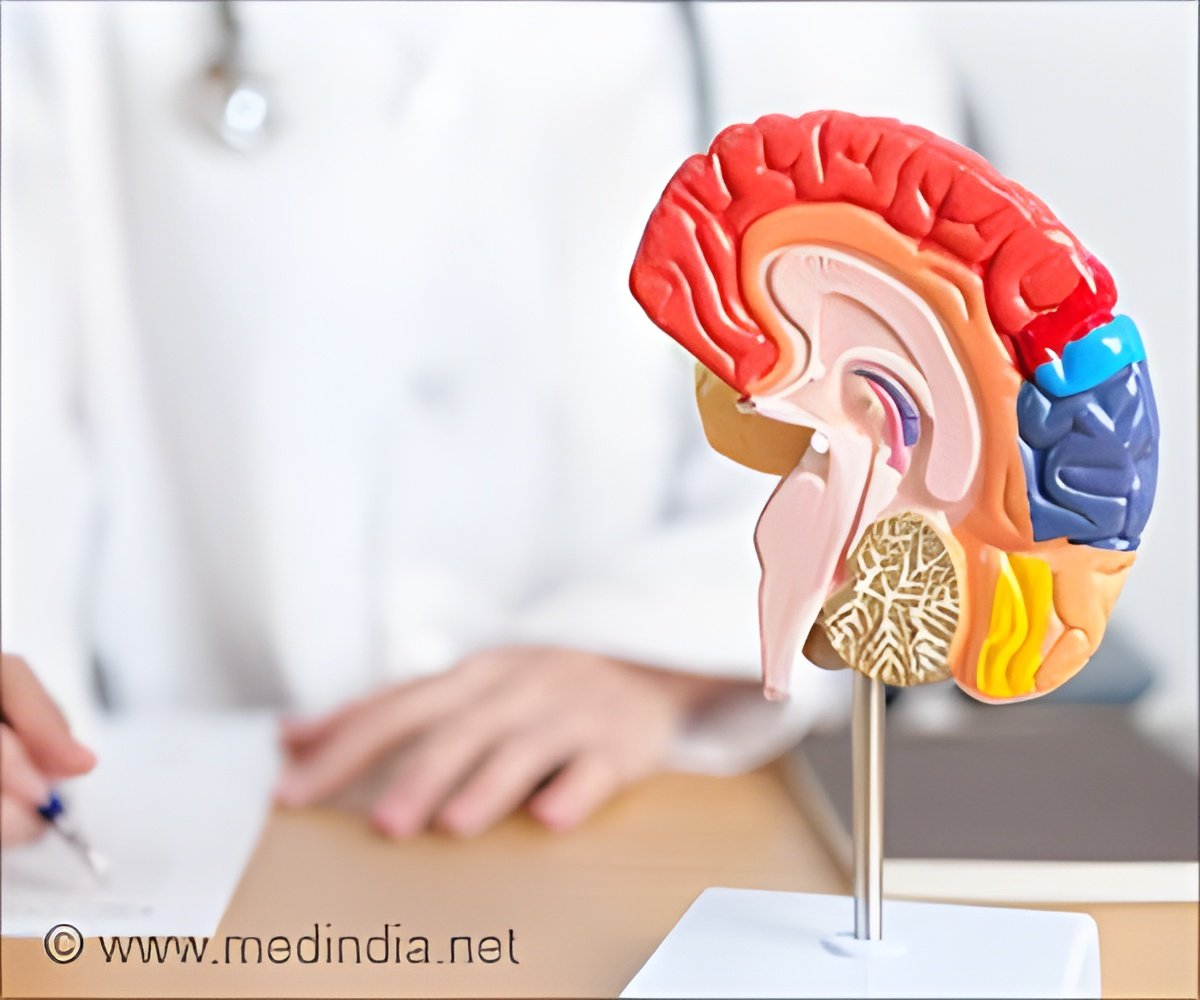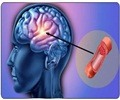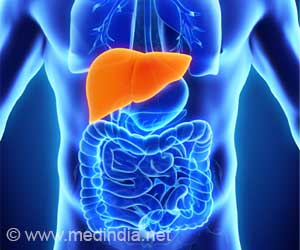The Lancet Neurology journal report emphasized the importance of evidence-based, pragmatic solutions in dealing with this impending crisis of stroke.

- Stroke deaths could skyrocket to nearly 10 million by 2050, majorly affecting LMICs
- Collaborative efforts spotlight the need for effective stroke surveillance, prevention, and care
- ICMR emphasizes the urgency for country-specific care models to battle noncommunicable diseases
Pragmatic Solutions to Reduce the Global Burden of Stroke: a World Stroke Organization
Go to source).
Alarming Rise in Stroke Deaths
The projection is the result of a collaborative effort between the World Stroke Organization and the Lancet Neurology Commission, which has resulted in the publication of four publications. According to the analysis, stroke deaths are anticipated to rise from 6.6 million in 2020 to a frightening 9.7 million by 2050. The contribution of stroke mortality in LMICs is expected to increase from 86% to 91% by 2050. Dr. Rajiv Bahl, Director General of the Indian Council of Medical Research (ICMR), spoke about the necessity of implementing evidence-based stroke care in India to reduce disability and prevent new strokes. He stated that the council was working hard to develop country-specific ambulatory care models at the primary care level to tackle noncommunicable illnesses.12-Point Stroke Blueprint for Effective Surveillance, Prevention, and Care
Meanwhile, the authors of the commission's findings have been given in the form of 12 evidence-based recommendations addressing stroke surveillance, prevention, acute care, and rehabilitation. The recommendations include establishing cost-effective surveillance systems for precise epidemiological stroke data to guide prevention and treatment, raising public awareness and fostering healthier lifestyles through widespread use of mobile and digital technologies, including training and awareness, and prioritizing meticulous planning of acute stroke care services, capacity building, training, provision of appropriate equipment, treatment, and affordability.- Pragmatic Solutions to Reduce the Global Burden of Stroke: a World Stroke Organization - (https://www.thelancet.com/journals/laneur/article/PIIS1474-4422(23)00277-6/fulltext)
Source-Medindia















